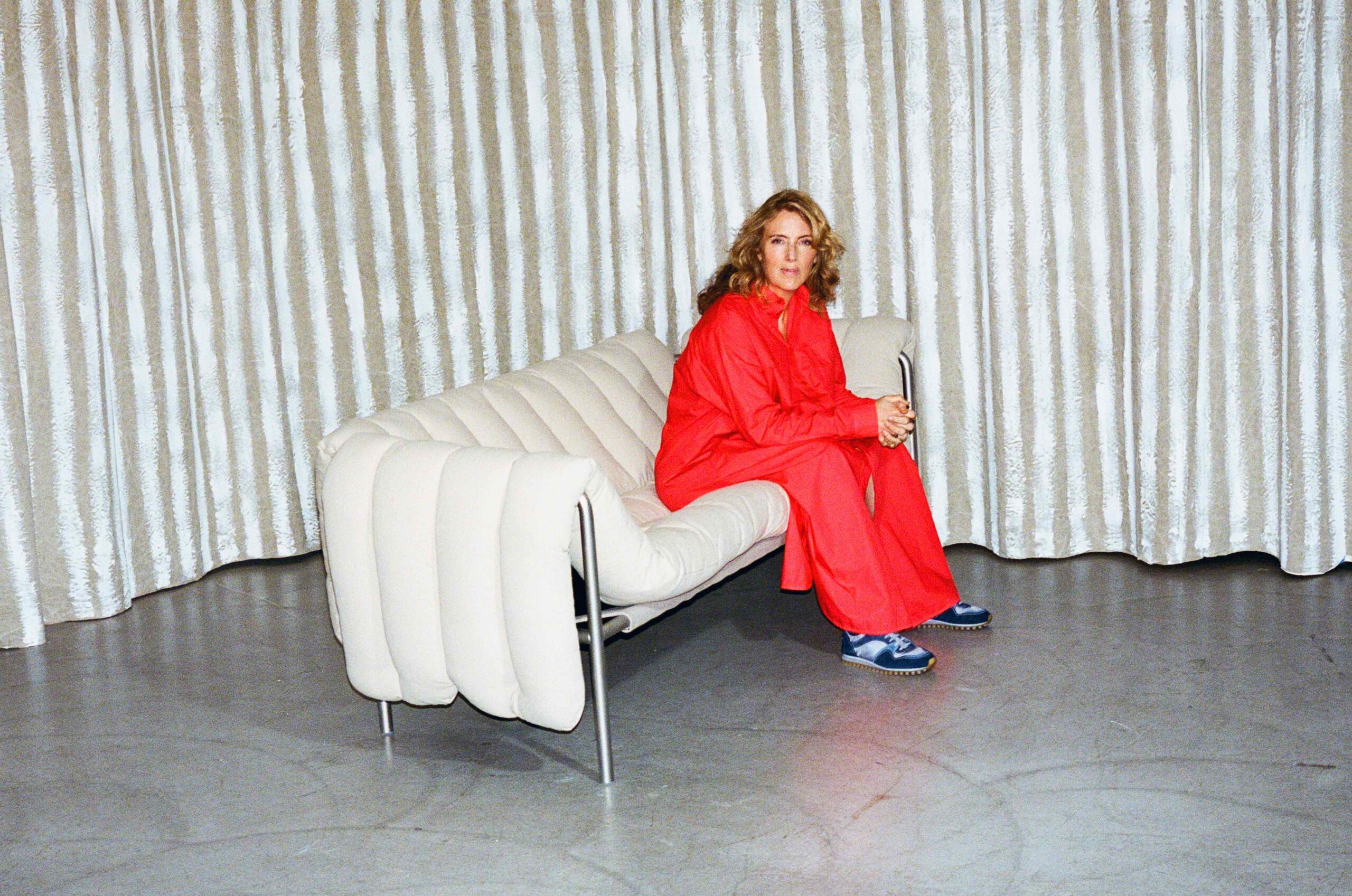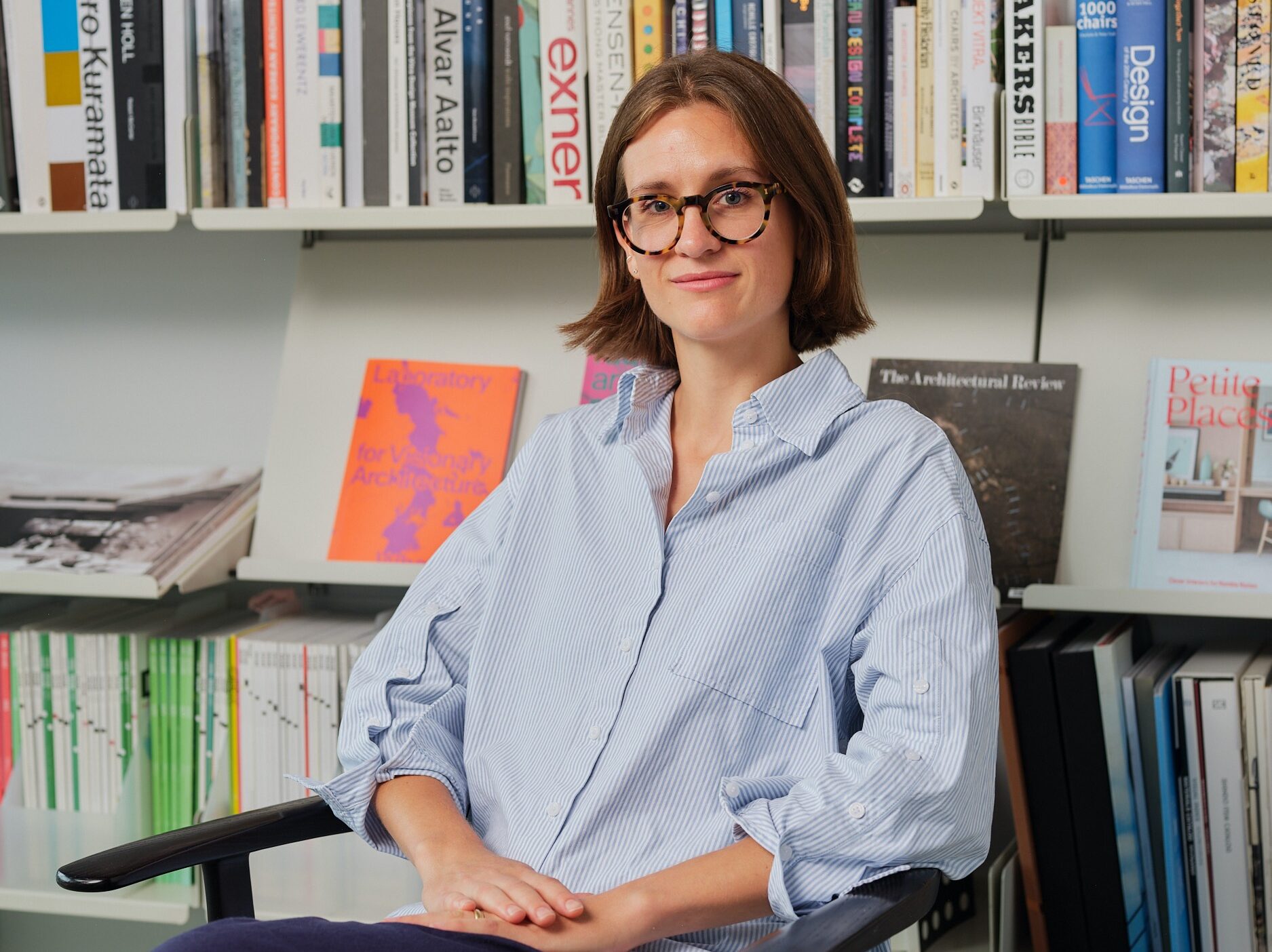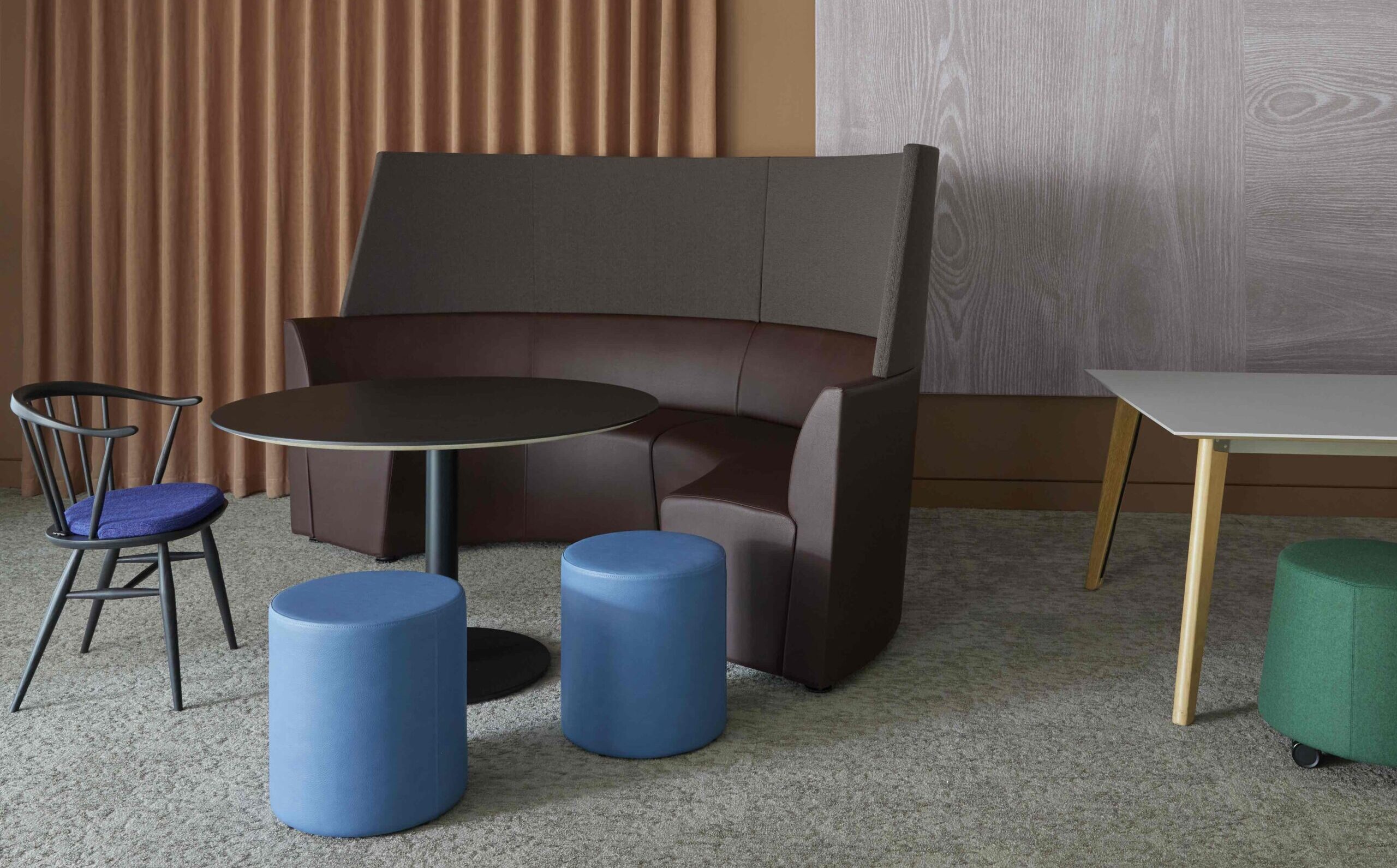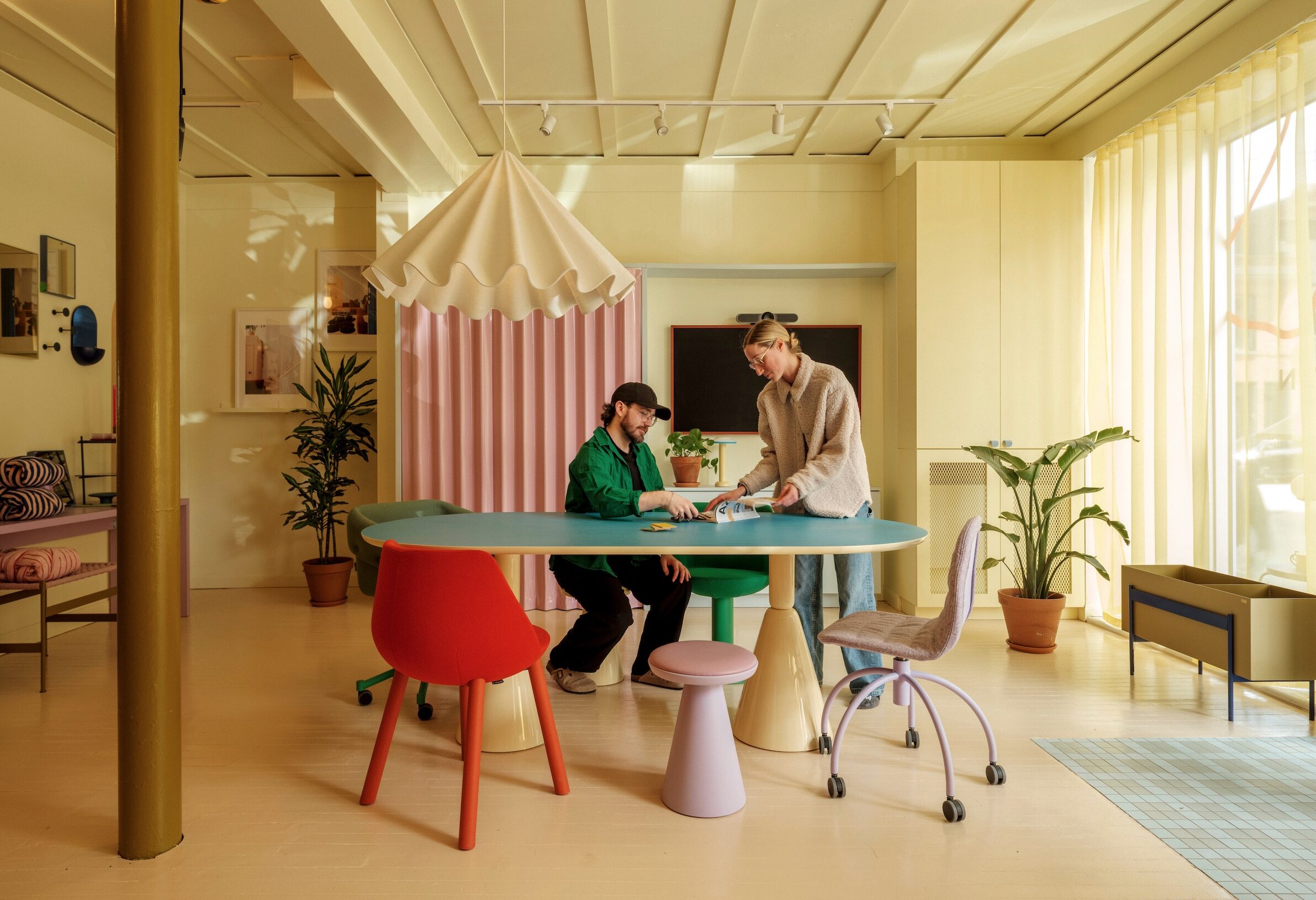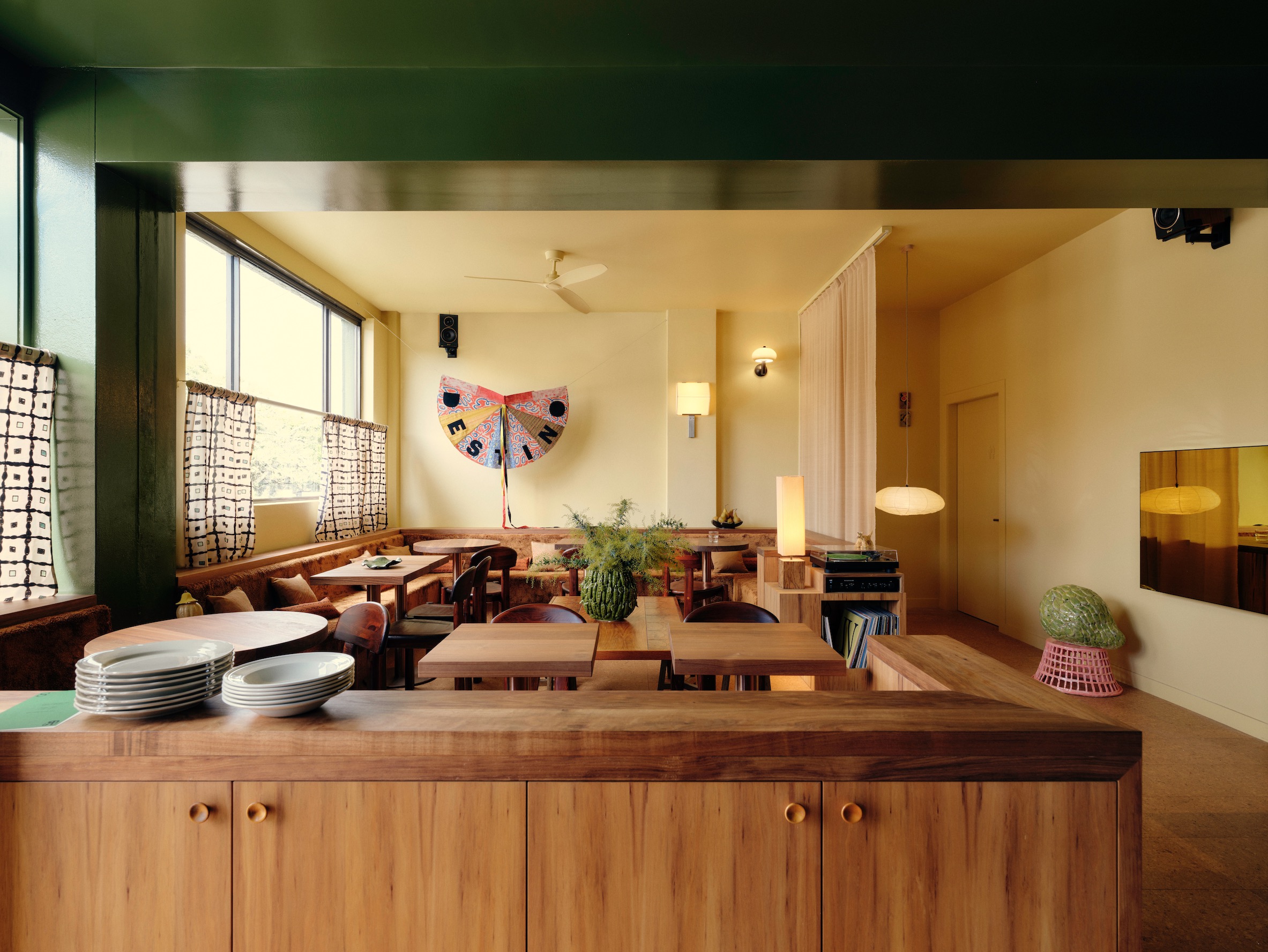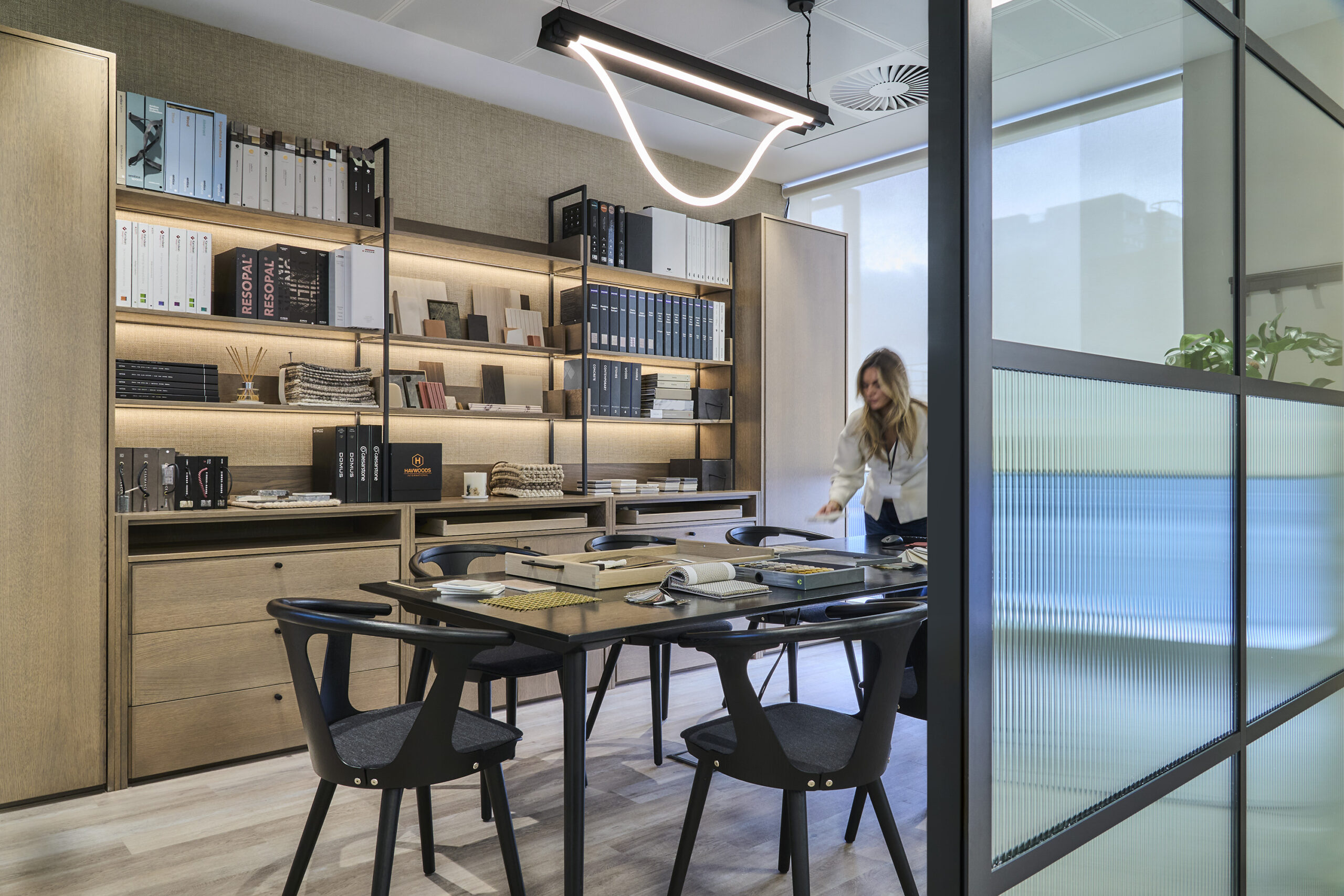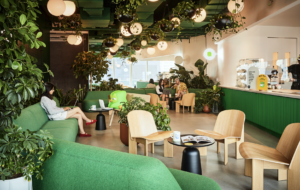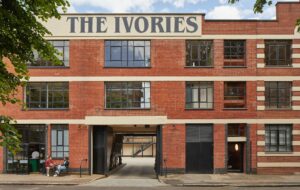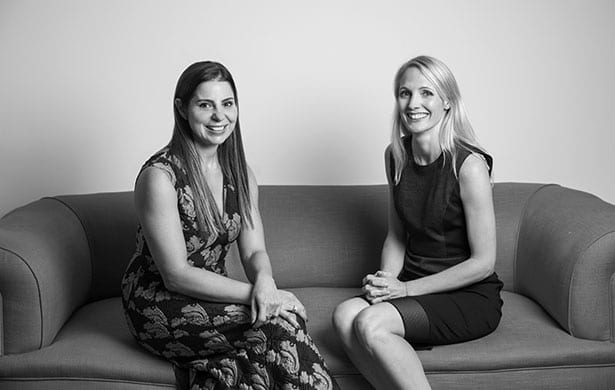 Debbie Wosskow and Anna Jones, founders of AllBright|||
Debbie Wosskow and Anna Jones, founders of AllBright|||
What came first, the chicken or the egg? Well either way it was probably female.
There are days when I just want to share with my female network, usually friends, on an issue or a thought, often as they might understand the point firsthand as a fellow woman. But to only surround myself with only women? No thanks.
Anna Jones and Debbie Wosskow who have opened the first UK female only members’ club, The AllBright in central London, have recognised the niche for female only spaces to network and socialise. Initially setting itself a target of registering 1,000 members a year, it recently received that amount of applications in one day. Jones stated that AllBright was intended to create a physical space, which allows women to collaborate and network in comfort without being overshadowed or outnumbered by men.
Jones cited the #MeToo campaign as proof that women are identifying more with the need for non-intimidating spaces. Fundamentally, the founders do not want to be seen as anti-men and allow their female members to admit male guests.
Men-only clubs have existed for centuries; the Garrick Club in Covent Garden was founded in 1831 and welcomed only “distinguished actors and men of letters in England” and claimed “It would be better that ten unobjectionable men should be excluded than one terrible bore should be admitted”. Despite there being a number of ballots to change the membership rules to allow women, the most recent of which was in 2015, the club remains men-only, though women may visit as guests.
The financial entry point of The Wing in New Yorck ($2700 per annum) and The AllBright (£600 per year plus £250 joining fee) might limit it to more successful ladies but there are women-led organisations, such as A League Of Her Own, which create more openly accessible female-centered spaces. Co-founder Caroline Brealey says: “I would say there is definitely a space for both women and men entrepreneur clubs. It could be seen as discriminatory but I think it’s a case of having options that appeal to two very different demographics…There are plenty of clubs out there that appeal to both men and women but sometimes, women feel more at ease, confident and feel they can truly open up more in a female based community”.
With the ongoing focus on sexual harassment within the media and entertainment industries, it’s refreshing to see an organisation, Gals in Music, whose members come from across the spectrum, lawyers though managers to artists. Gals in Music was set up by the Featured Artist’s Coalition to celebrate and empower women within the media industry, with events open to both men and women.
One of its founders Fiona McGugan told me: “We started Gals in Music back in 2014, as there simply weren’t as many of the incredible initiatives for women as there are now. We needed a space where women could meet and network; provide peer support, leadership advice and mentoring. It’s never been exclusive (to women) and I’m proud of the organic growth of the event and the incredible connections and stories that have come out of it”
Whilst women may want a space to feel safe, be heard and supported, some people suggest that women only spaces, although well meaning, can be problematic for the Trans community. People who don’t identify as either male or female could face exclusion when faced with these sorts of clubs.
Here at Fora, we will be marking International Women’s Day on Thursday March the 8th with a series of events, hosted by organisations such as A League of Her Own and Gals in Music. These will include a panel debating the lack of female representation within the tech sector. It’s a chance for debate and to highlight some awesome women to an all-inclusive audience. Follow Fora on social platforms for updates on our International Women’s Day events, #FORAHER.
Virginia Wolf thought that every woman needs a room of her own, in my opinion; I’ll keep the room but let’s share the house with every gender persuasion. We all need to learn to work together.
Love Katrina’s column? Subscribe to OnOffice and never miss a single one.
Katrina Larkin looks at the rise of women-only workspaces and asks if, on the eve of International Women’s Day, why and if they are necesssary as The Allbright in London makes waves

